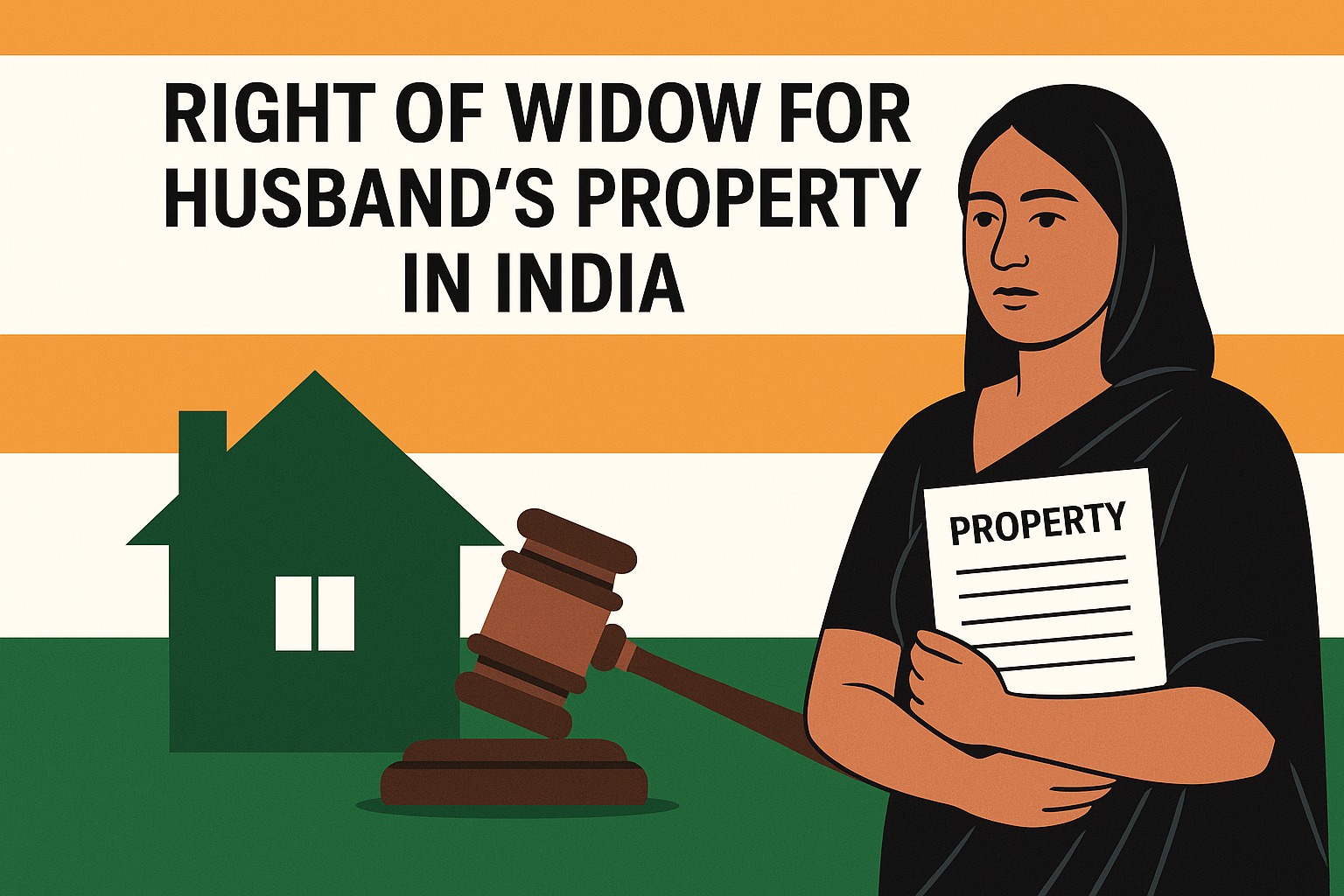S.S. Nijjar, J.@mdashThis petition under Articles 226/227 of the Constitution of India seeks issuance of an appropriate writ, order or direction in the nature of certiorari quashing the impugned order dated 9.6.1997 passed by the Labour Court, Ambala on an application u/s 33-C(2) of the Industrial Disputes Act whereby the claim put forwarded by the respondent (hereinafter referred to as the workman) has been allowed and the petitioner (hereinafter referred to as the management) has been directed to grant revised pay scale to the workman at par with his immediate junior.
2. The management is a Society incorporated under the Cooperative Societies Act and is a body of Corporate, capable of suing and to be sued in its own corpo- rate name u/s 39 of the Cooperative Society Act, 1984. The precise grievance of the petitioner is against the order of Labour Court, Ambala, dated 9.6.1997 directing the payment of revised pay scale at par with his junior. The workman joined as Boiler Attendant with effect from 25.12.1980 in the pay scale of Rs. 525-900. Pursuant to the recommendation of the 4th Pay Commisison, the pay scale of the employees of Hafed were revised with effect from 1.1.1986. The pay scale in which the workman was placed was revised to Rs. 1200-2040 with effect from 1.1.1986. Thereafter, there was a further revision of pay scale with effect from 18.10.1991 to Rs. 1400-2600. Against he revision of pay scale was with effect from 1.1.1986 According to rules, a Boiler Attendant would be placed in the, pay scale of Rs. 525-15-600/20-720/30-900. He was required to have 1st Class certificate in boiler proficiency with 4-5 years experience in operating and maintenance of coal fired water tubes boilers. With regard to payment of the revisional pay scale, the rules provided that the revised scale will be applicable to Boiler Attendant for plants only with the higher qualification.
3. It is not disputed by the parties that the petitioner acquired the qualification under the rules on 9.4.1992. In spite of the fact that the workman did not fulfil the qualification, the Labour Court had directed the payment of wages in the revised pay scale.
4. Mr. Goel appearing for the petitioner submitted that the workman has been granted the revised pay scale with effect from the date he has acquired the qualification. Learned counsel further submitted that the workman was not entitled to the revised pay scale with effect from 1.1.1986 as on that date he did not possess the requisite qualification. Learned counsel also submitted that it would make no difference to the case of the workman even if juniors who were similarly situated have been granted the revised pay scale. Learned counsel further submitted that the Labour Court went beyond its jurisdiction by adjudicating the question as to whether the respondent-workman was entitled to the revised pay scale. The Labour Court while adjudicating an application u/s 33-C of the Industrial Disputes Act, according to the learned counsel, acts like an Executing Court and cannot adjudicate upon a disputed claim. In support ofthe last submission made by the learned counsel, he relies on a judgment of the Supreme Court in the case of Municipal Corporation of Delhi v. Ganesh Razak JT 1994 (7) 476 : 1994(3) SCT 302 (Delhi)(DB). Learned counsel also relies on Single Bench judgment of this Court rendered in C W.P. No. 11119 of 1998 Punjab State Electricity Board v. Sadri Yadav and another.
5. I have considered the arguments put forward by the learned counsel and perused the impugned award. It cannot be disputed that at the time, when the workman was initially appointed on 25,12.1980 in the pay scale of Rs. 525-900, he had not posses the requisite qualification. The qualification was prescribed for the first time by a rule which came into operation on 6.5.1981. In spite of the fact that the workman was not qualified, he was permitted to continue on the job. He was also paid the scale which was being paid to those employees who had acquired the qualification under the rules. A perusal of the award clearly shows that the representative of the management made a categorical statement that the management had nothing to establish on record as to why the applicant was deprived of the higher pay scale. It was also admitted by him that the higher pay scale was allowed to even those employees who did not possess the first Boiler Attendant certificate. All those employees who are allowed higher pay scale had the similar qualification as the applicant was having at the time of grant of the higher pay scale.
6. Keeping in view the aforesaid facts and circumstances, the Labour Court came to the conclusion that the workman was also entitled to the revised pay scale. I am of the considered opinion that the legal proposition pointed out by Mr. Goel cannot be faulted. However, the same would not be applicable to the facts and circumstances of the present case. A persual of the award would show that there was no adjudication involved. The counsel for the management had submitted that the higher grade had been granted to persons similarly situated, who did not have the necessary qualifications. In such circumstances, I find that the order does not suffer from any error apparent on the face of the record. Thus, it would not be proper to interfere in the order passed by the Labour Court while exercising jurisdiction under Articles 226/227 of the Constitution of India.
Dismissed. No costs.
7. Petition dismissed.

